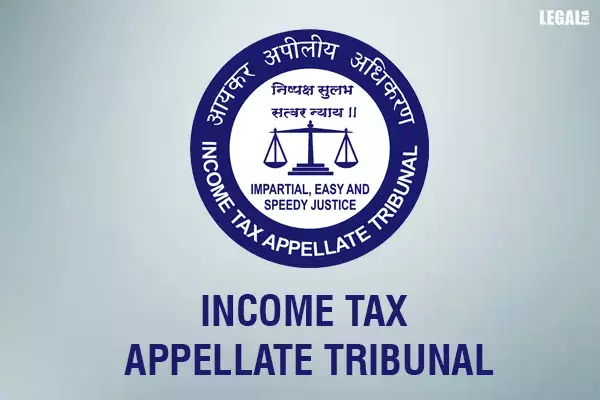ITAT: Section 68 of Income Tax Act Not Applicable to Share Premium
Explains that it is relevant if the assessee fails to prove the creditworthiness and genuineness of the transactions;

ITAT: Section 68 of Income Tax Act Not Applicable to Share Premium
Explains that it is relevant if the assessee fails to prove the creditworthiness and genuineness of the transactions
The Mumbai Bench of the Income Tax Appellate Tribunal (ITAT) has held that Section 68 of the Income Tax Act, which relates to the taxability of unexplained cash credits, is not applicable to share premiums.
The bench of Narender Kumar Choudhry (Judicial Member) and B.R. Baskaran (Accountant Member) observed that the provisions of Section 68 are attracted when the assessee fails to prove the identity of the creditor, the creditworthiness of the creditor, and the genuineness of transactions. It must be with reference to the creditor who paid the assessee the amount.
The appellant/assessee is engaged in providing health care services. The shareholders of the assessee company are Fortis Healthcare Ltd and Fortis Healthcare Holdings Pvt. Ltd. Both shareholders held 40% and 60% shares, respectively.
During the Assessment Year 2012–13, the assessee issued 30 lakh equity shares to FHL, having a face value of Rs.10 each with a premium of Rs. 90 per share.
Subsequently, there was a change in the shareholding pattern between the two shareholders. While the holding of FHL increased to 85 percent, FHHPLs were reduced to 15 percent. Pertinently, the assessee accumulated losses to be set off as of 1 April 2011.
The issue was about the addition made under the IT Act. The assessing officer (AO) noted that the assessee’s accumulated loss as of 31 March 2012 was Rs.58.60 crores. He held that the share premium collected by the assessee was not commensurate with the overall financial position of the company. Therefore, he asked the assessee to justify the share premium received. He also proposed to assess the share premium as a revenue receipt.
The assessee submitted that the share premium could be assessed only as income under the provisions of Section 56(2)(viib) of the IT Act. This was inserted by the Finance Act, 2012 w.e.f. 1 April 2013. Hence, the provisions would be applicable w.e.f. the Assessment Year 2013–2014. The share premium could not be assessed as income of the assessee prior to that.
However, the AO did not accept the assessee’s explanation. He held that the assessee did not offer a proper explanation related to the source of the share premium received. Therefore, he assessed the share premium amount of Rs.27 crores as an unexplained cash credit.
The Commissioner of Income Tax (Appeals) held that charging a premium of Rs.90 per share, when the company was running into a huge loss, would put commercial expediency in question. Thus, he confirmed the addition.
The ITAT held that the assessee could collect the premium of Rs.90 based on the valuation under the discounted cash flow method, which takes future cash inflows into consideration. However, the tax authorities gave importance to the past losses, which resulted in discussions between the authorities and the assessee, coming to the quantum of the share premium.
The tribunal noted that the tax authorities were not justified in assessing the share premium amount under Section 68 of the IT Act. Thus, it directed the AO to delete the addition of Rs.27 crores.


